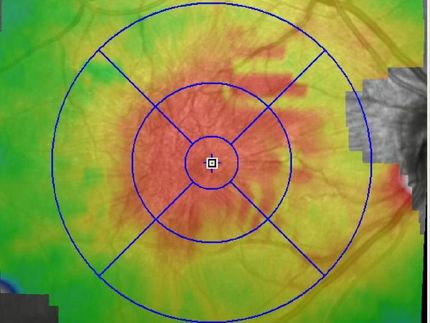Genedata Expands Collaboration with HepatoSys Systems Biology Network
Advertisement
Genedata AG announced a three-year expansion of their collaboration with the HepatoSys research network. HepatoSys, an interdisciplinary initiative funded in 2003 by leading German research centers, aims to understand the physiology and pathophysiology of the human liver cell using a systems biology approach.
In the first funding period of HepatoSys, Genedata had been tasked to develop and establish a computational platform serving as the consortium's central data storage and analysis infrastructure. The platform was successfully deployed and is now being used by the consortium. The centralized data storage infrastructure enables an integrative approach to the interpretation of systems biology modeling results in the context of experimental findings, including high-throughput transcriptomics, proteomics and metabolomics data.
Taking the collaboration to the next level, Genedata will now work on data analysis projects to interpret the huge amounts of molecular profiling data generated within the HepatoSys consortium.
"The ambitous goal to simulate complex biochemical networks and their regulation in liver cells is highly relevant for innovative biomedical applications," explained Prof. Irmgard Merfort, Institute for Pharmaceutical Sciences, University of Freiburg. "Cellular processes such as programmed cell death and regeneration of liver cells are of great scientific and medical interest. Genedata will help us to identify new biomarkers for disease diagnostics and to pave the way for novel therapeutic approaches in tissue regeneration, cancer and inflammation."
Most read news
Other news from the department science

Get the life science industry in your inbox
By submitting this form you agree that LUMITOS AG will send you the newsletter(s) selected above by email. Your data will not be passed on to third parties. Your data will be stored and processed in accordance with our data protection regulations. LUMITOS may contact you by email for the purpose of advertising or market and opinion surveys. You can revoke your consent at any time without giving reasons to LUMITOS AG, Ernst-Augustin-Str. 2, 12489 Berlin, Germany or by e-mail at revoke@lumitos.com with effect for the future. In addition, each email contains a link to unsubscribe from the corresponding newsletter.

















































